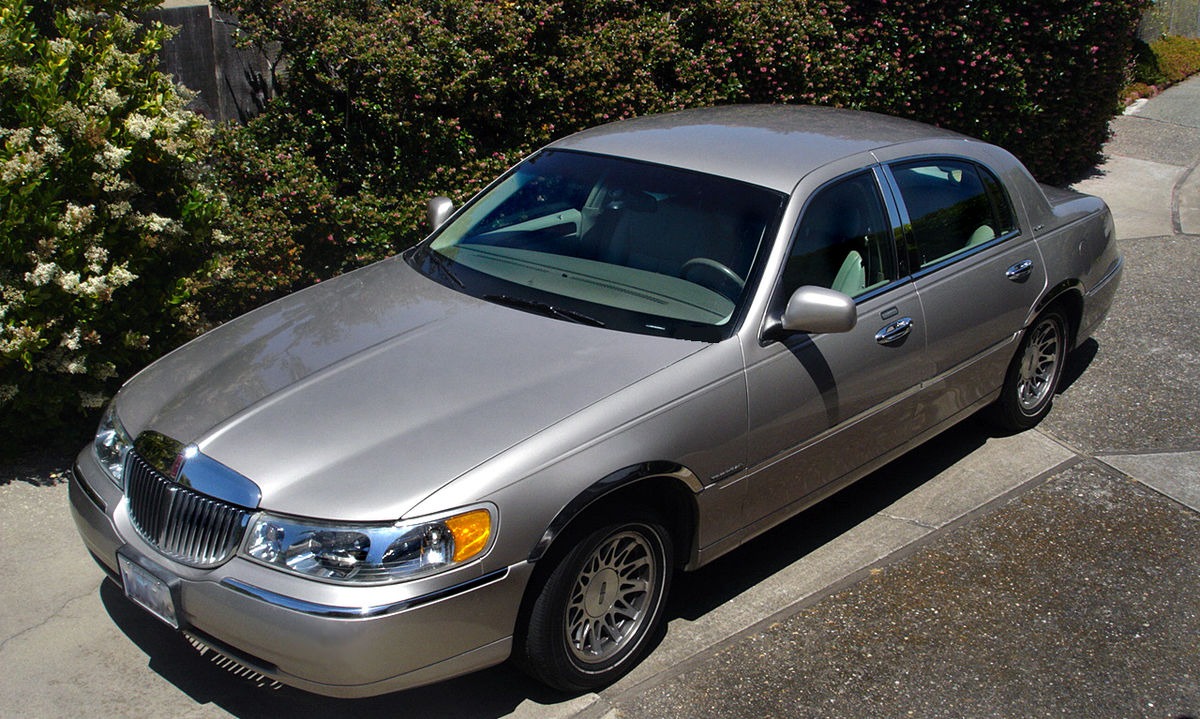Your oil changes are on schedule. Your gas tank never hits empty. You follow every maintenance rule like a responsible adult—yet one invisible habit is secretly aging your engine faster than necessary. Those quick trips to Target, coffee runs, and school drop-offs? They’re slowly destroying your car’s heart, with automotive experts estimating up to 10% additional engine wear from chronic short-trip patterns.
Your Engine Never Gets to Stretch Its Legs
Cold engines operate like groggy teenagers—inefficiently and with serious attitude problems.
Your engine craves temperatures between 195°F and 220°F to function properly, according to automotive engineers. Those five-minute errands and 10-minute grocery runs prevent this warm-up entirely. Cold oil flows like honey, leaving metal parts grinding against each other with minimal protection during those crucial first minutes.
City traffic and winter weather make this problem worse, turning every cold start into a small torture session for your engine’s internals.
Contamination Builds While You’re Being Efficient
Short trips create a toxic cocktail inside your oil system that would make a chemistry teacher cringe.
Every cold start dumps extra fuel into your engine to help ignition—fuel that doesn’t burn completely and seeps past piston rings into your oil. Meanwhile, water condensation and combustion acids accumulate instead of evaporating away during longer drives.
This contaminated oil mixture forms corrosive sludge that attacks bearings and critical components. Your engine essentially marinates in its own waste products, creating the automotive equivalent of leaving a protein shake in your gym bag for weeks.
Your Battery Suffers the Same Fate
Alternators need time to recharge what cold starts consume, just like your phone needs more than a five-minute power boost.
Short trips don’t give your alternator enough time to replenish the power drained during startup. Like doom-scrolling your phone battery to death, repeated short drives slowly kill your car’s electrical system. You’ll notice this first as sluggish starts, then complete battery failure at the worst possible moment—usually when you’re already running late for something important.
The Simple Fix That Saves Thousands
One weekly habit prevents premature engine death and expensive repair bills.
If your driving consists mainly of short hops, automotive experts recommend taking your car on a 20-30 minute highway drive once weekly. This allows everything to reach proper operating temperature, burning off contaminants and fully charging your battery.
Consider it preventive medicine that costs only gas money but saves thousands in premature repairs. Your engine will thank you by lasting significantly longer than those belonging to chronic short-trippers who never learned this simple trick.




























